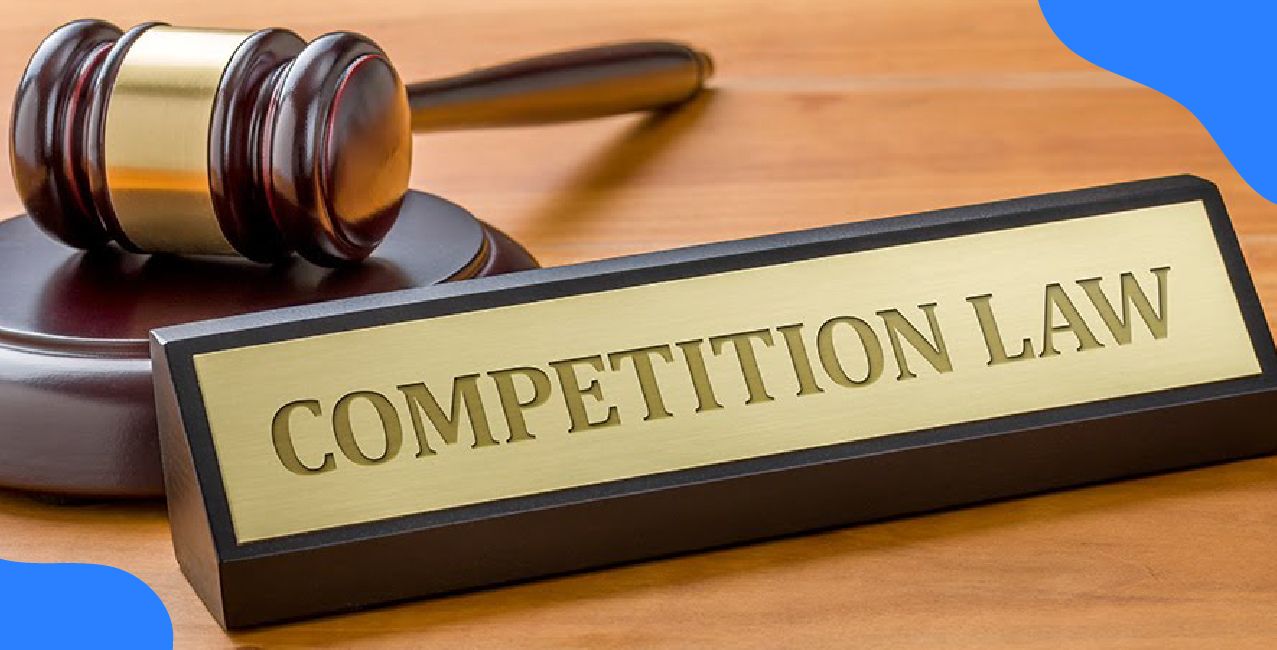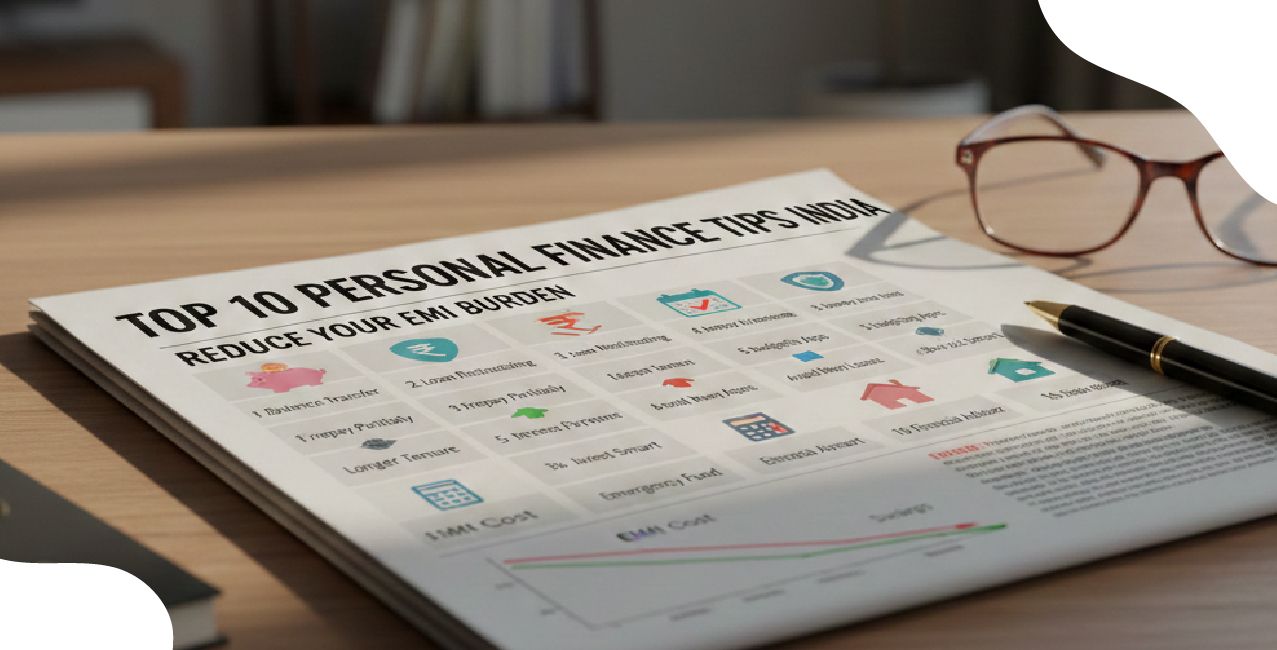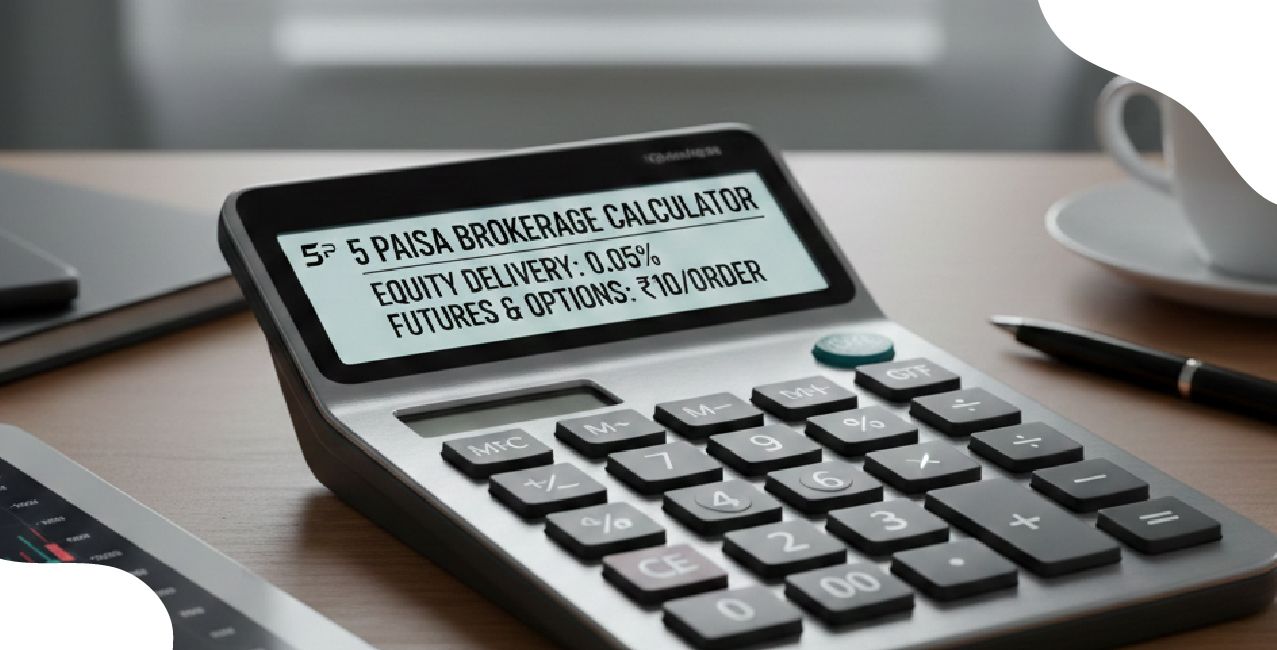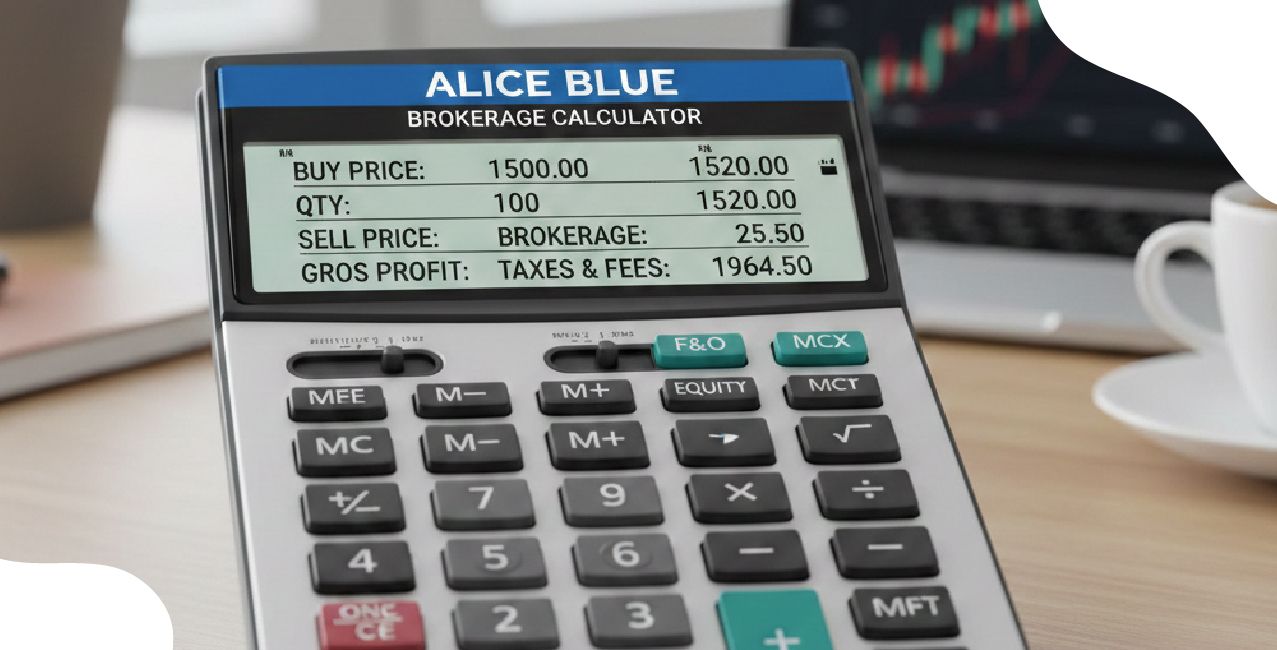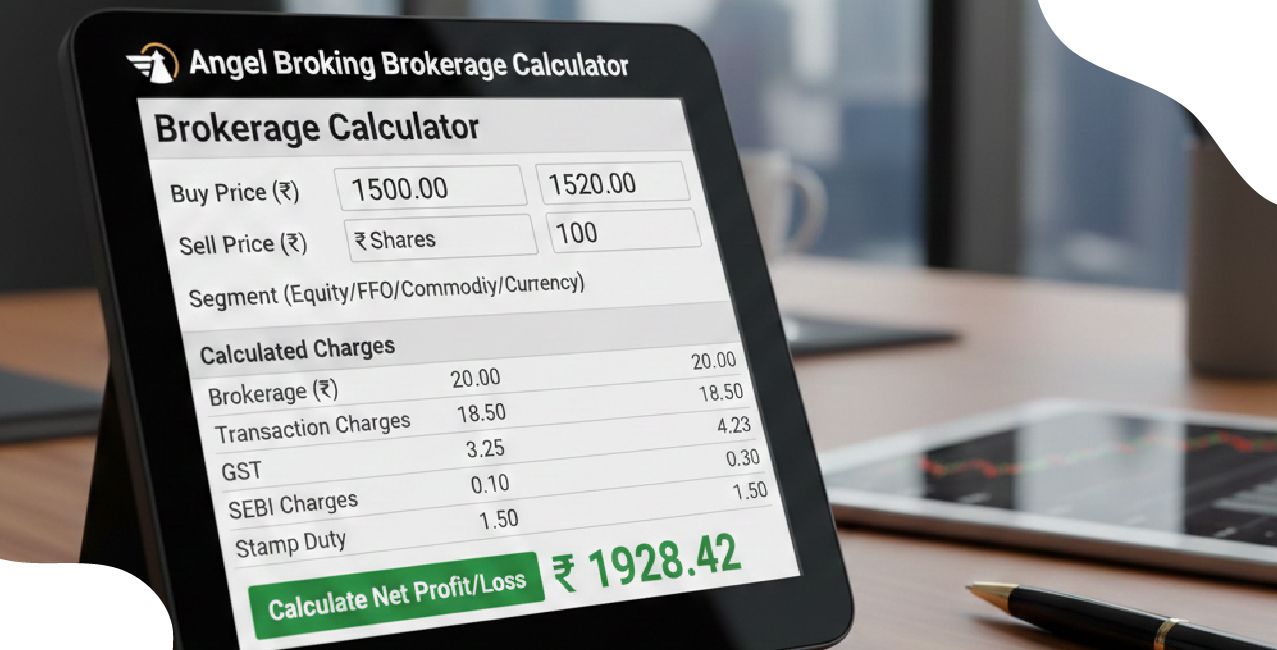Debt Consolidation for Self-Employed Professionals – Smart Tips for 2025
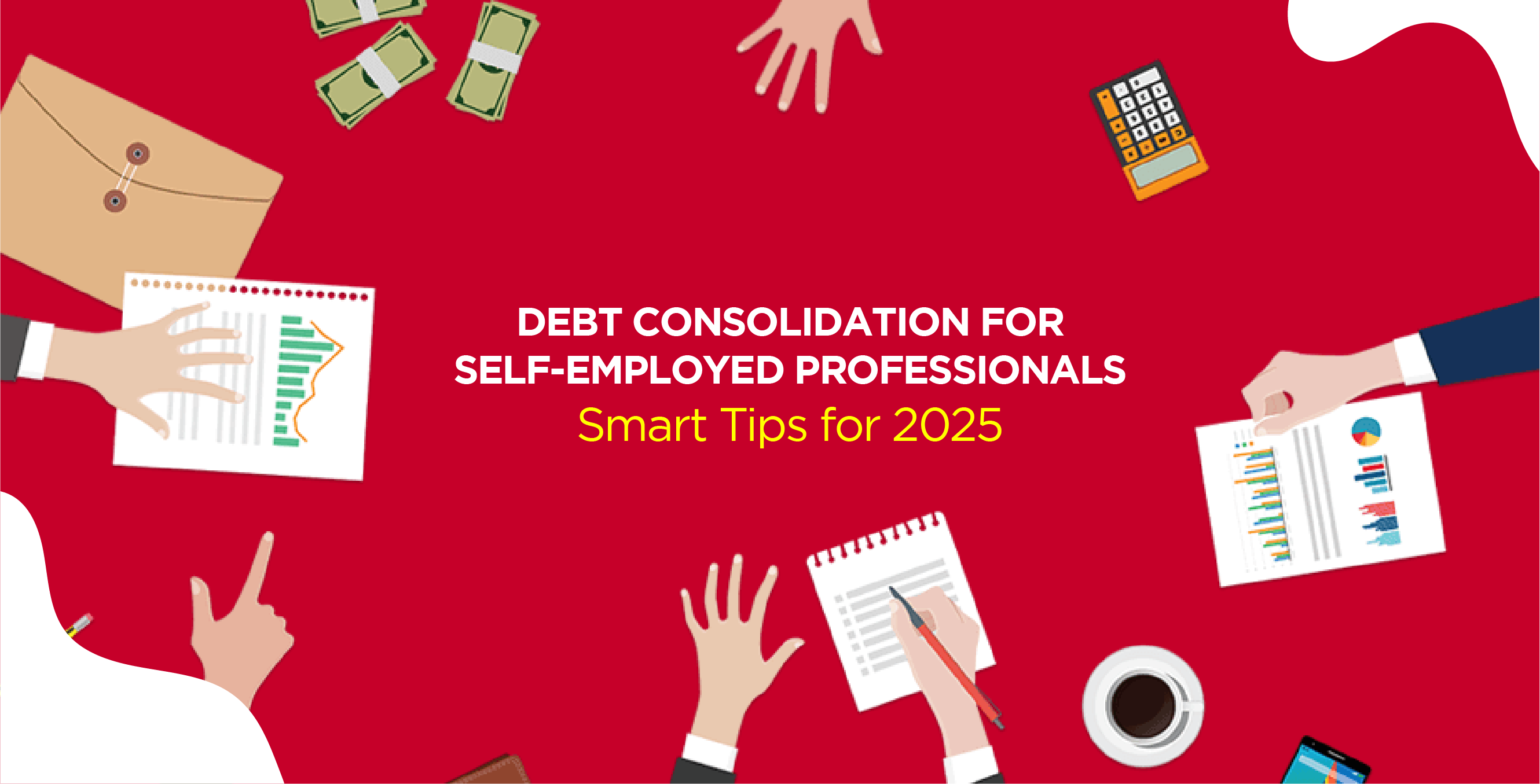
Check Your Loan Eligibility Now
By continuing, you agree to LoansJagat's Credit Report Terms of Use, Terms and Conditions, Privacy Policy, and authorize contact via Call, SMS, Email, or WhatsApp
A freelance graphic designer handling multiple projects might take a business loan to invest in a high-end laptop and essential software. Then, you resort to a personal loan to cover unexpected medical expenses.
Suddenly, you're managing two loans with different interest rates and repayment schedules, making your financial situation complex and stressful.
A study revealed that over 70% of micro, small, and medium enterprises (MSMEs) and self-employed individuals in India seek loans to meet immediate financial needs, such as working capital expenses, purchasing raw materials, or consolidating debt.
What Is Debt Consolidation and How Can It Help the Self-Employed?
If you are self-employed, your monthly income may not be stable. One month, it can be ₹1,50,000; the next month, just ₹60,000. But your loans, credit cards, and EMIs stay the same. Debt consolidation can make life easier.
It means taking one loan to pay off all your other loans. So instead of paying three or four places, you pay just one lender every month.
Now, how is this different from other things like refinancing or debt settlement?
Here’s a table to understand it:
Aspect | Debt Consolidation | Refinancing | Debt Settlement |
What it means | One loan replaces many | One loan replaces one (with better terms) | Pay less than the full loan amount |
Credit score affect | It may improve if paid on time | Slight drop first, then improves | Big drop, stays low for long |
Loan structure | One EMI, fixed term | New EMI, new term | No new EMI, just a one-time deal with the lender |
Risk | Low if paid properly | Low | High risk can be seen as loan default |
Best for | People with many loans | People with a high-interest single loan | People who cannot repay full amount |
If you take a debt consolidation loan, you do not reduce the total loan amount. But you make it easier to pay back. These are the key benefits:
- You will pay only one EMI every month. It’s easier to remember and plan.
- A new loan may come with a lower interest rate than old loans.
- You save money on late fees, as you are more likely to pay on time.
- Your credit score may improve over time with regular payments.
Signs You Need Debt Consolidation as a Self-Employed Professional
Being self-employed means you have many roles. You earn, save, spend, invest, and repay loans. But if you see these signs in your money life, debt consolidation may help:
Read More – Salaried vs. Self-Employed: Who Gets a Personal Loan Faster in 2025
1. You have loans and cards with high interest rates
If you pay 24% on a credit card, 18% on a business loan, and 20% on a personal loan, your total EMI may be more than ₹40,000 per month on just ₹3,00,000 of total loans. A debt consolidation loan at 12% can bring this EMI down to around ₹27,000. That’s a big saving.
2. You miss payments due to income changes
Let’s say a client delays payment by 2 weeks. Your EMI is due on the 5th, but you get money only on the 20th.
You pay late and get hit with ₹500 late fees and hurt your credit score. If this happens often, it’s a problem. A single loan with one EMI date and auto-debit can reduce this.
3. You don’t have cash left after payments
Many self-employed people earn ₹1,00,000 per month but spend ₹85,000 on EMI and bills. That leaves just ₹15,000 for food, fuel, and savings. It causes tension.
By consolidating loans and extending the term, the EMI goes down and your cash in hand increases.
4. You use one credit card to pay another
This is a major warning sign. If you pay your Visa card using your Mastercard, you’re just shifting the debt, not reducing it. With each shift, your interest and fees grow. A debt consolidation loan clears all dues in one go and gives you a fresh start.
5. Your mind is always thinking about repayments
If you check your loan app 5 times a day or wake up at night worrying about EMIs, it’s time to simplify things. Debt consolidation is not just about money; it gives you mental peace.
Best Debt Consolidation Options for Self-Employed Individuals
There is no one best loan for all. The right option depends on how much you owe, your assets, and your income. Here are five common ways to consolidate debt:
1. Personal Loans (Tips to improve approval)
Many banks and NBFCs offer personal loans even to freelancers. If your credit score is 700+, approval is faster. Submit last 2 years’ ITR, your bank statements for 6 months, and proof of work (like invoices or GST). For a loan of ₹3,00,000, interest may be around 13–15%.
Credit Score | Loan Amount Possible | Approval Time | Interest Rate |
750+ | ₹3,00,000–₹10,00,000 | 2–3 days | 12%–14% |
650–749 | ₹1,00,000–₹3,00,000 | 3–5 days | 14%–18% |
2. Home Equity Loans or HELOC
If you own a house worth ₹50,00,000 with no big home loan, banks may give you up to ₹30,00,000 as a loan against property. The rate is lower, around 10%–12%. But if you do not repay, your house is at risk.
Home Value | Loan Amount Possible | Interest Rate | EMI for ₹10,00,000 (5 yrs) |
₹50,00,000 | ₹30,00,000 | 11% | ₹21,739 |
3. Balance Transfer Credit Cards
Some banks offer 0% interest for 3–6 months if you transfer your dues. For example, if your card bill is ₹75,000, you can transfer it and avoid ₹1,500/month in interest. But you must pay it off before the offer ends.
4. Debt Management Plans through Nonprofits
Some trusted nonprofit groups work with banks to help you repay smartly. You don’t get new money. But they ask banks for lower interest and give you a payment plan. It helps if you don’t qualify for loans.
Documents You’ll Likely Need as a Self-Employed Applicant
If you are self-employed and applying for a debt consolidation loan, the process can take more steps than it does for salaried people. Banks want to see that you earn regularly, even if your income comes in bits and pieces.
To build trust, they will ask for documents that show your income, business activity, and repayment ability. Keeping these ready will save you time and help your loan get approved faster.
Here are the main documents you should keep ready:
- Last 2–3 years of income tax returns (ITRs) to show income proof.
- Last 6 months’ bank statements from your main business account.
- If you’re a freelancer, proof like invoices, client contracts, or payment receipts.
- Business registration documents or GST certificate (if applicable).
- Your PAN card and Aadhaar card for ID and address proof.
- Credit score report (most lenders ask for a score above 700).
- Balance sheet or profit/loss statement if you have a registered business.
- Rent agreement or utility bill as proof of address (if the current address is not on Aadhaar).
- Loan repayment record for any current loan or credit card (helps show payment discipline).
Even if you don’t have all these, don't worry. Start by collecting what you have, and most lenders will guide you on the rest.
Tips to Boost Approval Chances for Debt Consolidation Loans
Self-employed applicants may face more questions from lenders. This happens because your income is not fixed like a salaried job. But there are smart ways to improve your approval chances. Start early, plan well, and show the bank that you are serious and stable with money.
1. Improve your credit score before applying
A higher credit score means better chances of approval. It also helps you get lower interest. If your score is below 700, take a few months to improve it.
Also Read - Top Financial Planning Tips for Freelancers in 2025
For example, pay all credit card bills on time, avoid using over 50% of your card limit, and clear any unpaid EMIs. If your score goes from 660 to 730, you may save ₹1,000–₹2,000 per month on your EMI for a ₹2,00,000 loan.
Credit Score Range | Loan Approval Chance | Interest Rate (approx.) |
750–850 | High | 11%–13% |
700–749 | Good | 13%–15% |
650–699 | Fair | 15%–18% |
Below 650 | Low | 18%+ or rejection |
2. Pay off small debts first to improve your debt-to-income ratio
Your debt-to-income (DTI) ratio tells the bank how much of your monthly income goes to pay off loans. If your income is ₹1,00,000 per month and your EMIs are ₹60,000, your DTI is 60%. Banks like DTI below 45%.
If you pay off a small loan with an EMI of ₹5,000, your DTI drops to 55%. Every small payment helps. Try clearing loans of ₹50,000–₹1,00,000 if you can, before applying.
3. Keep detailed financial records
Many freelancers and business owners do not track expenses and earnings properly. Banks don’t like unclear numbers. Use a simple tool like Excel or Google Sheets to list your monthly income, expenses, and profit.
For example, show that you earn ₹80,000 from content writing and ₹40,000 from design work. Add GST returns, if applicable. This strengthens your case and shows lenders that you run your work like a business.
4. Show proof of steady income from clients or repeat work
Let’s say you do freelance photography. If you work with one-time clients only, income may not look steady.
But if you shoot weddings every month for a known company or have a 6-month contract with a media firm, mention this. Show emails or signed deals. This builds trust with banks that your income will continue, even if it is not salary-based.
5. Work with a financial advisor who understands self-employment
If this is your first time applying for a loan as a business owner or freelancer, get help. A CA, loan agent, or advisor who has worked with self-employed clients can guide you.
They know what lenders look for and can help you prepare your file better. One small change, like using the right document name or adding a missing proof, can improve your approval chance.
Conclusion
Being your own boss brings freedom, but it also means handling all the money matters alone. When loans pile up and income changes each month, managing repayments can become stressful.
That’s where debt consolidation helps, it gives you one EMI, possibly at a lower rate, and brings peace of mind. If you choose a personal loan, home equity option, or a balance transfer card, the goal is simple: to make your repayments easy, timely, and stress-free.
Start with your credit score, keep your records ready, and don’t hesitate to take help from a financial expert. A small step today can bring big relief tomorrow.
FAQs
1. Is debt consolidation a loan or a service?
It is a loan. You take one new loan to pay off all your old loans. Then you pay just one EMI each month.
2. Can I get a consolidation loan with low income?
Yes, but it may be harder. Try to show regular income with bank statements and clear small loans first.
3. Will my credit score drop if I consolidate debt?
No, it may improve over time if you pay EMIs on time. But it can drop if you miss payments.
4. Which bank is best for self-employed loan seekers?
Many banks and NBFCs offer loans to freelancers. Look for the one that accepts income proofs like ITRs and has lower rates.
5. What is the ideal credit score to get approval?
Try to keep your score above 700. Pay off dues first and avoid using full card limits if it's lower.
About the author

LoansJagat Team
Contributor‘Simplify Finance for Everyone.’ This is the common goal of our team, as we try to explain any topic with relatable examples. From personal to business finance, managing EMIs to becoming debt-free, we do extensive research on each and every parameter, so you don’t have to. Scroll up and have a look at what 15+ years of experience in the BFSI sector looks like.
Subscribe Now
Related Blog Post
Recent Blogs
All Topics
Contents
Quick Apply Loan
Consolidate your debts into one easy EMI.
Takes less than 2 minutes. No paperwork.
10 Lakhs+
Trusted Customers
2000 Cr+
Loans Disbursed
4.7/5
Google Reviews
20+
Banks & NBFCs Offers
Other services mentioned in this article



